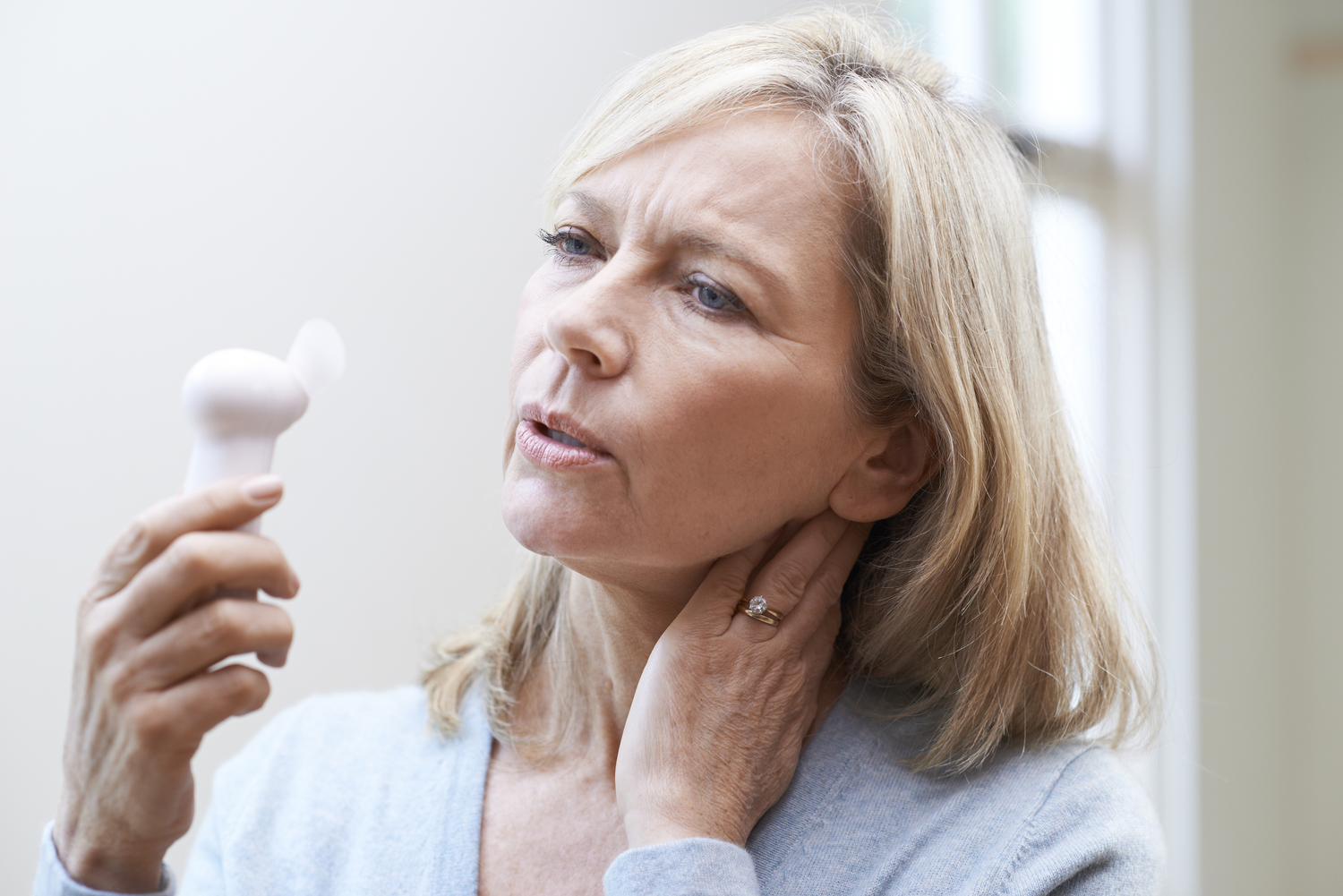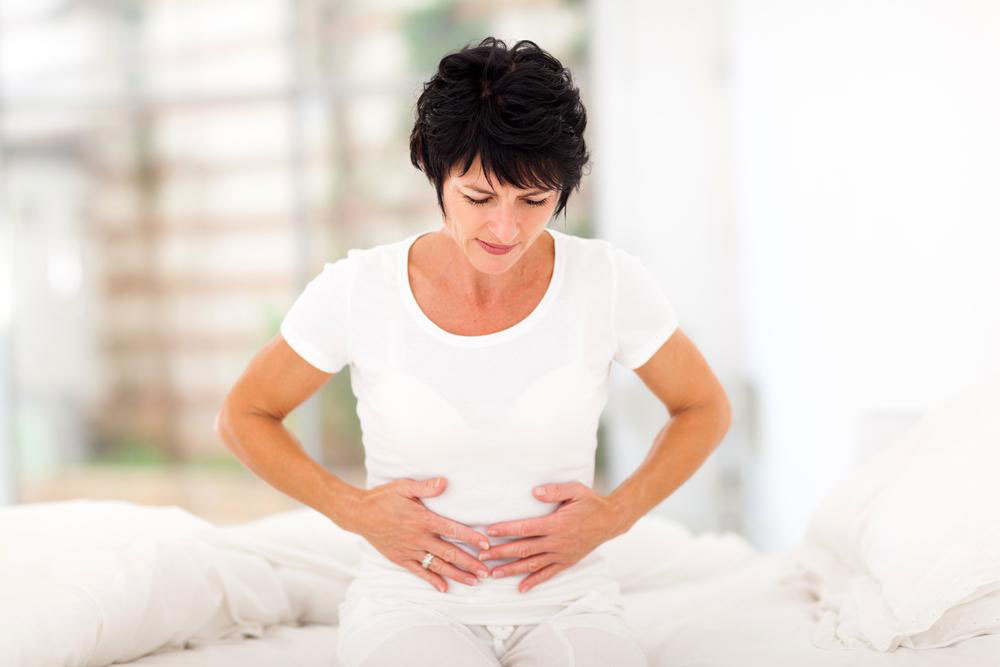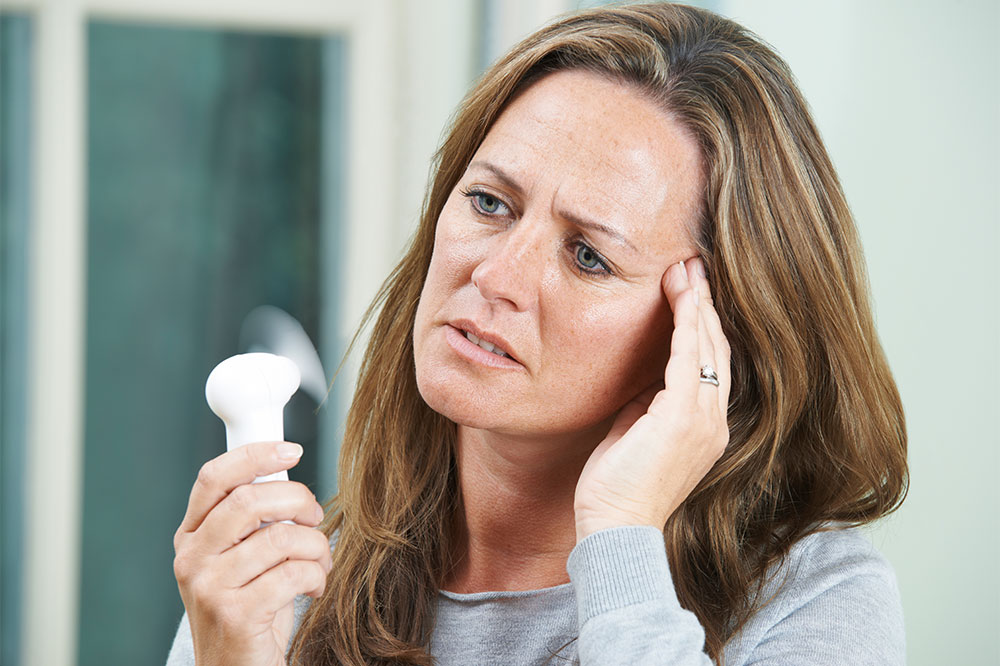Understanding Menopause: Key Symptoms and Effective Management Tips
This article provides comprehensive insights into menopause symptoms and effective management strategies. It highlights common signs like hot flashes, night sweats, hair loss, mood swings, and weight gain, along with practical tips to handle each issue. Emphasizing proactive healthcare, the piece guides women on lifestyle adjustments, diet, and medical treatments to ensure a smoother transition through menopause. Whether experiencing initial signs or managing ongoing symptoms, readers will find valuable advice to support their health and well-being during this natural life phase.

Understanding Menopause: Key Symptoms and Effective Management Tips
As women approach their 40s, experiencing irregular menstrual cycles may indicate the beginning of hormonal changes. This phase, known as menopause, typically occurs around age 50 in the U.S., but lifestyle factors can influence its timing. Menopause is a natural part of life, bringing physical, emotional, and cognitive challenges. Recognizing the primary symptoms and adopting proper strategies can help facilitate a smooth transition into this new stage of life. Here, we highlight the main menopause symptoms and practical ways to address them:
Proactive measures are preferable; if you identify symptoms listed below, seek prompt professional advice. Click the links for the best treatment options for menopause management.
1. Sudden Warm Flashes
During menopause, declining estrogen levels can cause abrupt hot flashes, characterized by a sudden rise in body temperature from the head down. To reduce their occurrence, stay cool, minimize stress, and avoid triggers like spicy foods and caffeine. Wearing loose clothing and practicing deep breathing exercises can help manage hot flashes effectively.
Note: Intrarosa is the first FDA-approved product containing prasterone (DHEA) to help with menopausal symptoms.
2. Nocturnal Sweats
Night sweats, an extension of hot flashes occurring during sleep, can cause discomfort and sleep disruption. Enhancing bedroom ventilation, dressing in light clothing, and keeping the environment cool can alleviate symptoms. Avoid thick bedding to promote better sleep.
3. Hair Thinning
Decreased estrogen leads to hair thinning, brittleness, and loss. Handle this by using home remedies like egg whites to strengthen hair, avoiding harsh chemicals, and managing stress. Incorporate omega-3 rich foods such as fish or supplements to support hair health.
4. Mood Swings
Hormonal variations often trigger mood swings, including bouts of irritability, anxiety, or depression. Manage these by avoiding stressful situations, maintaining a balanced diet with adequate vitamin B12, and engaging in relaxation techniques.
5. Persistent Fatigue
Unexplained tiredness becomes common due to hormonal shifts. Combat fatigue with a nutrient-dense diet, regular physical activity, and sufficient sleep habits.
6. Memory Difficulties
Minor cognitive changes, such as forgetfulness, may occur. Keep your brain active through learning new skills, puzzles, or language studies to enhance memory retention.
7. Reduced Libido
Declining estrogen can diminish sexual desire. Address this by open communication with your partner, managing vaginal dryness, and seeking medical advice for therapies that can help restore libido.
8. Irregular Menstrual Cycles
Irregular or missed periods are common signs of approaching menopause. Preparing mentally and physically can ease the transition.
9. Unexpected Weight Gain
Hormonal changes slow metabolism, leading to increased abdominal fat. Incorporate high-intensity interval training, cardio, and active routines for weight management.
10. Headaches without Cause
Sudden headaches can occur and may require standard pain relief. If severe or persistent, consult a healthcare provider who may recommend hormone replacement therapy to address hormonal imbalances.










